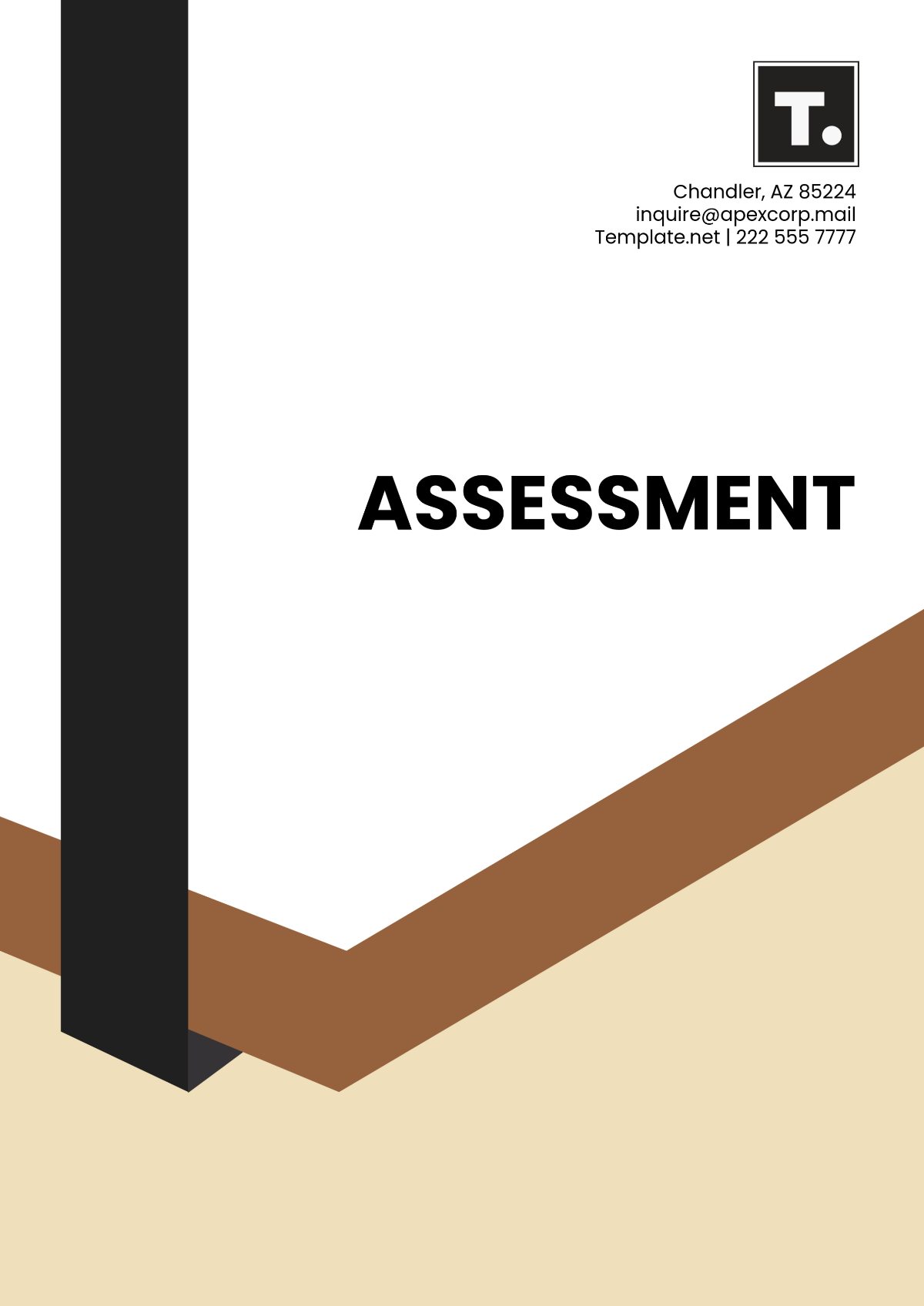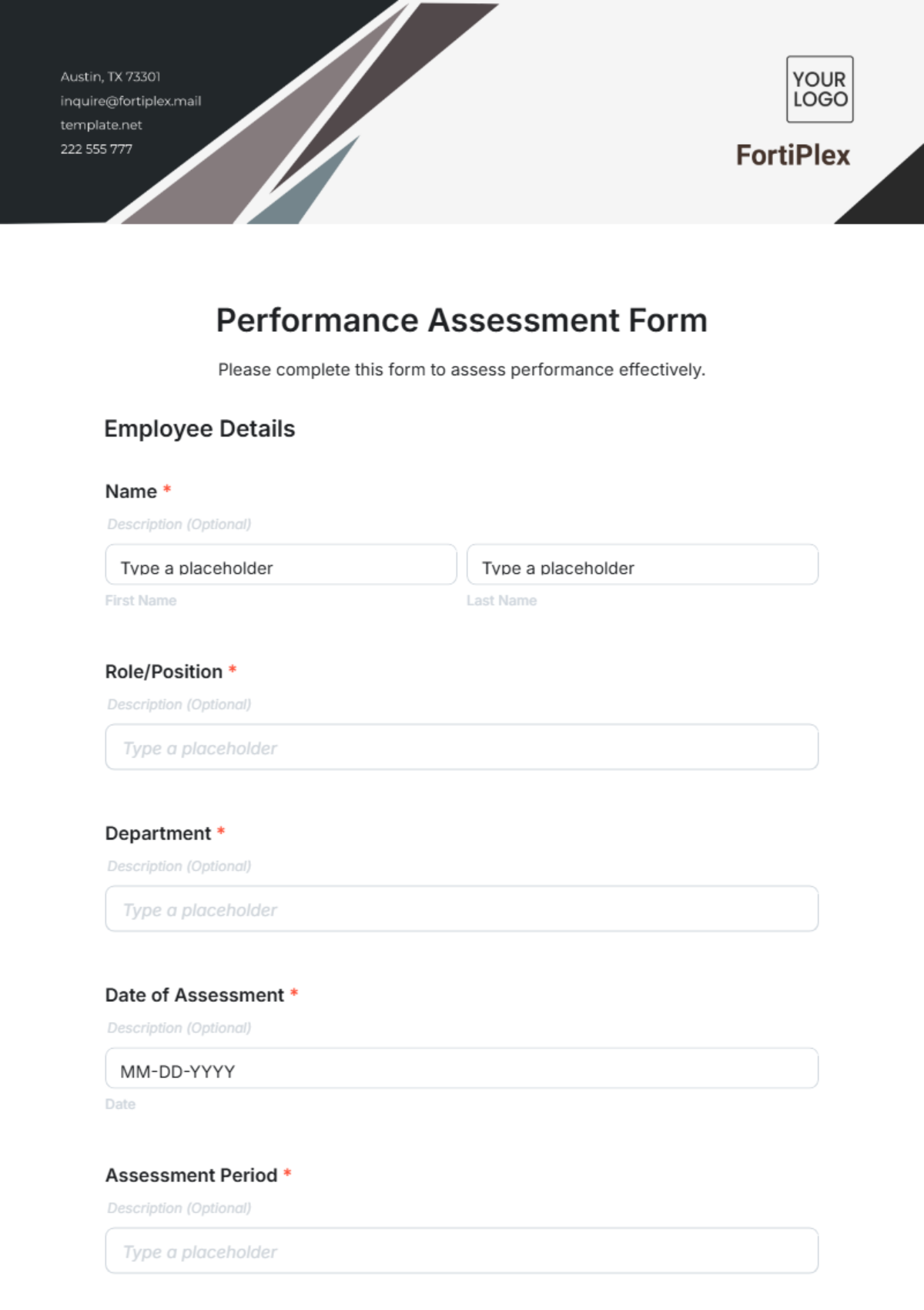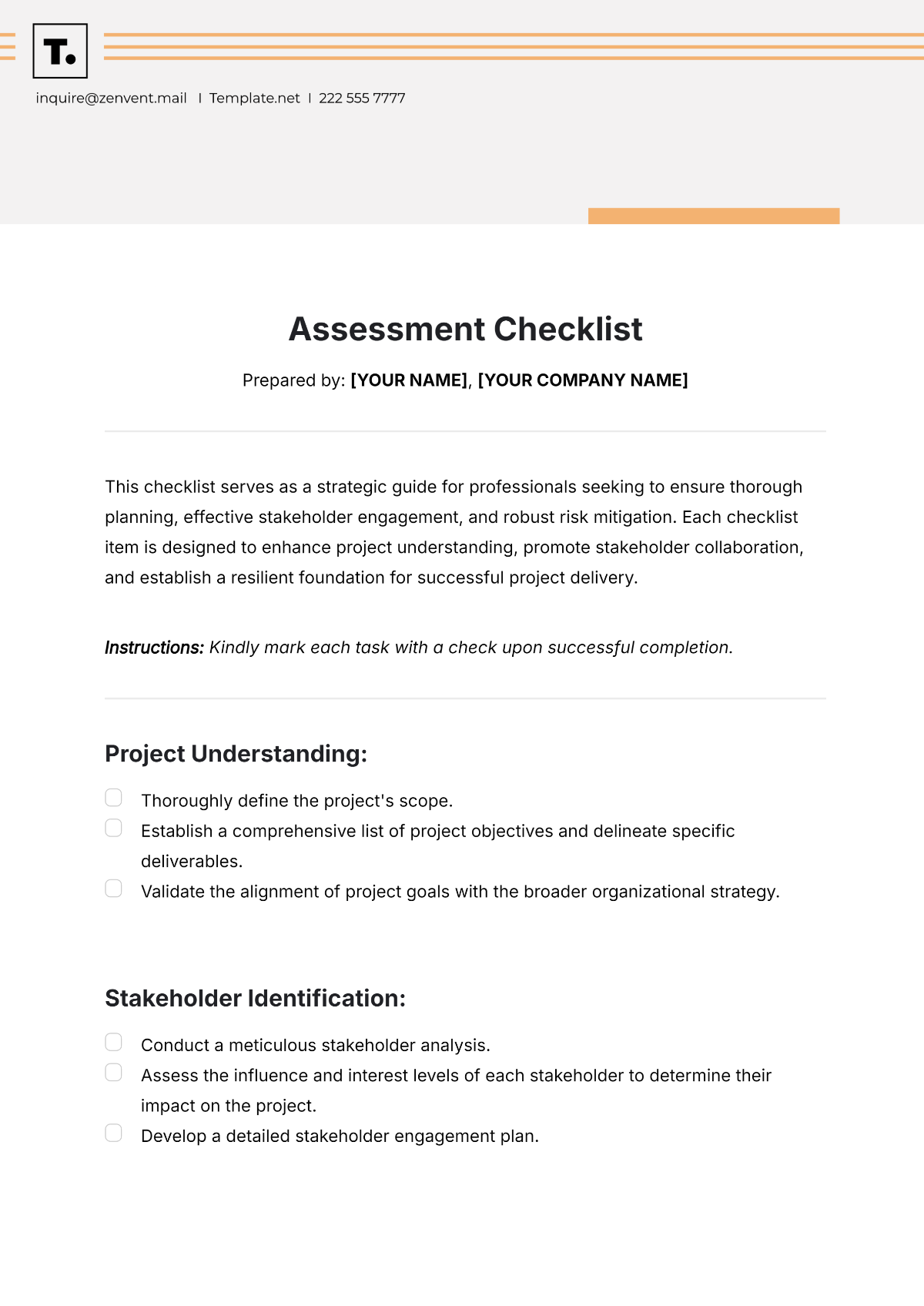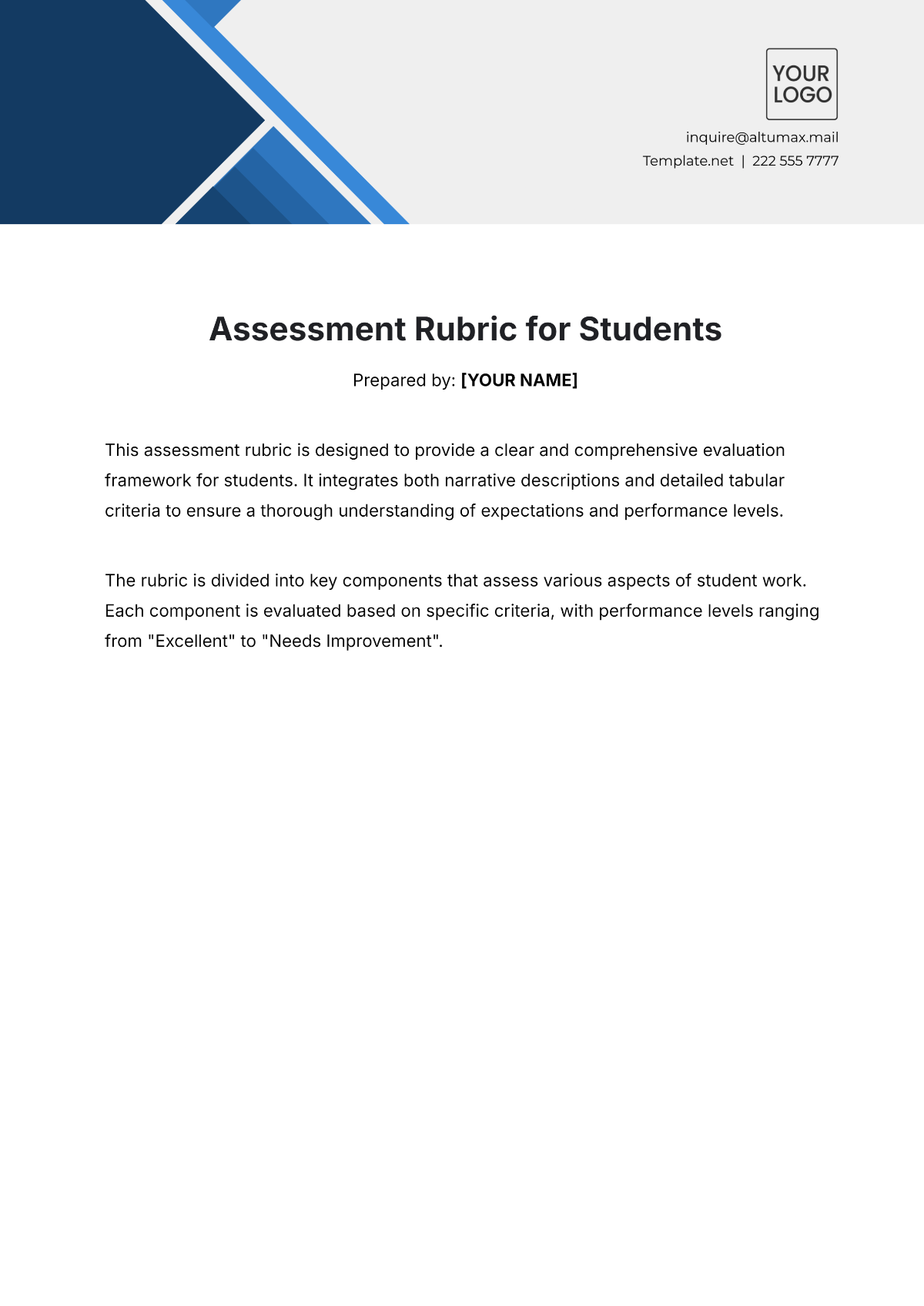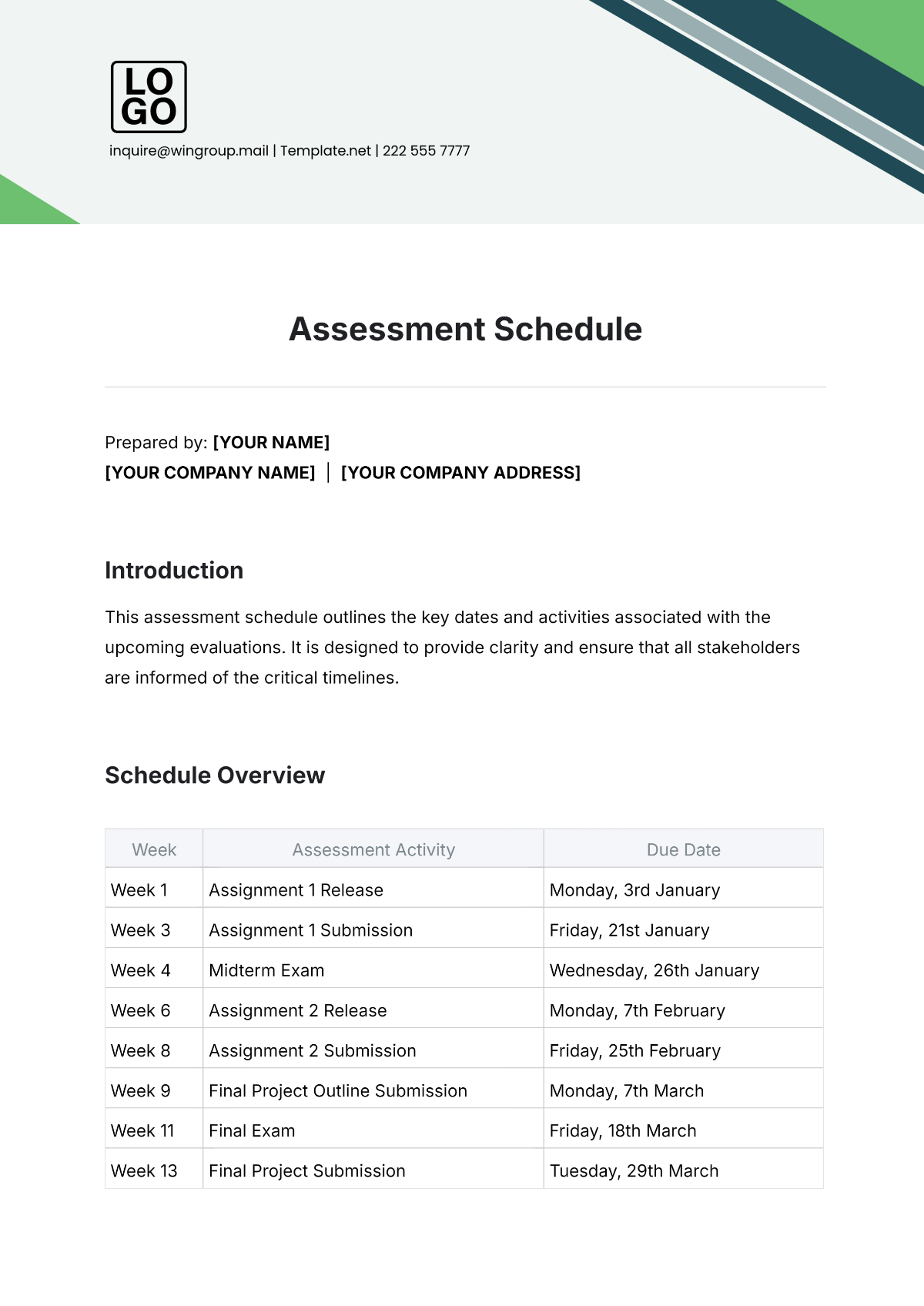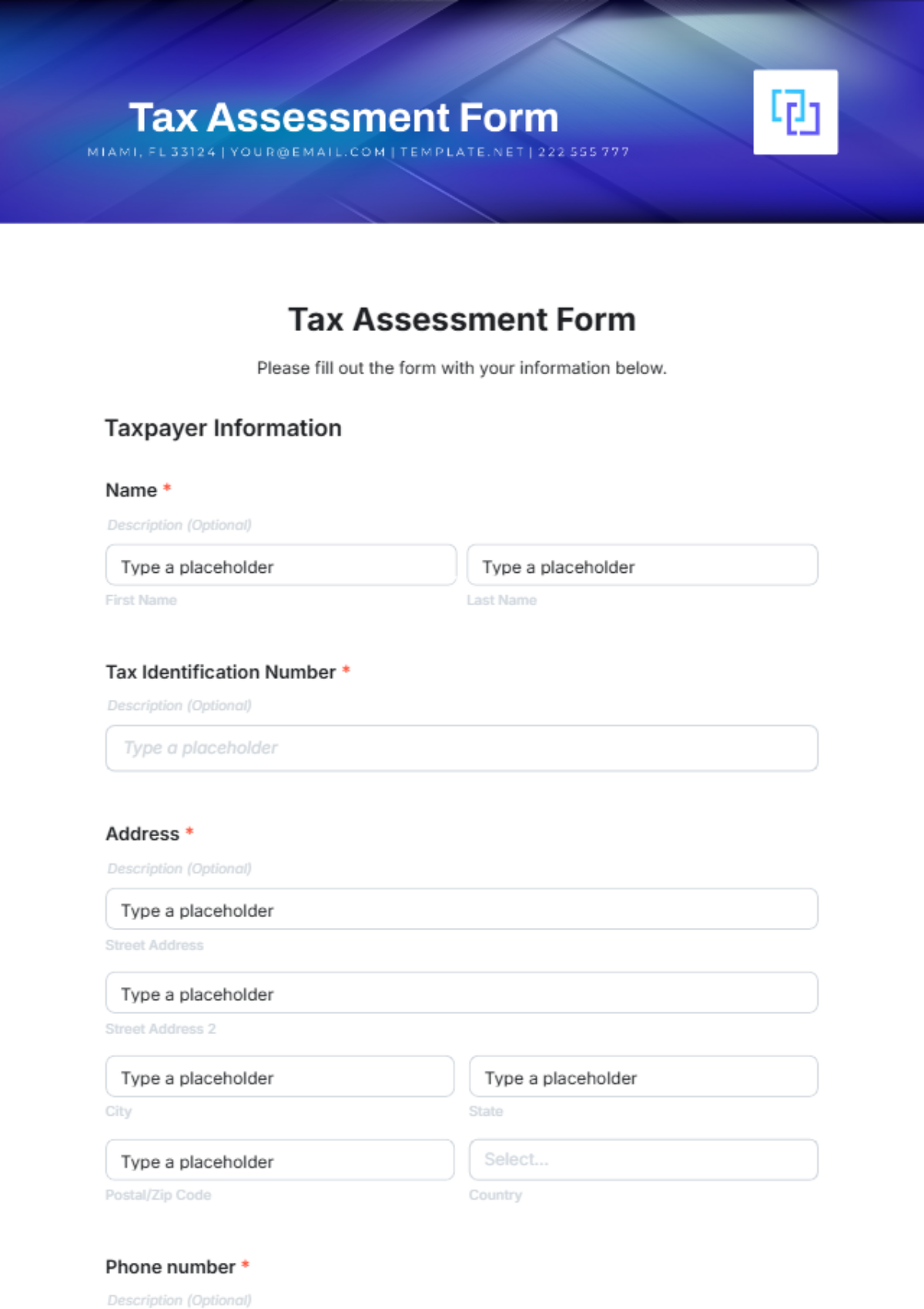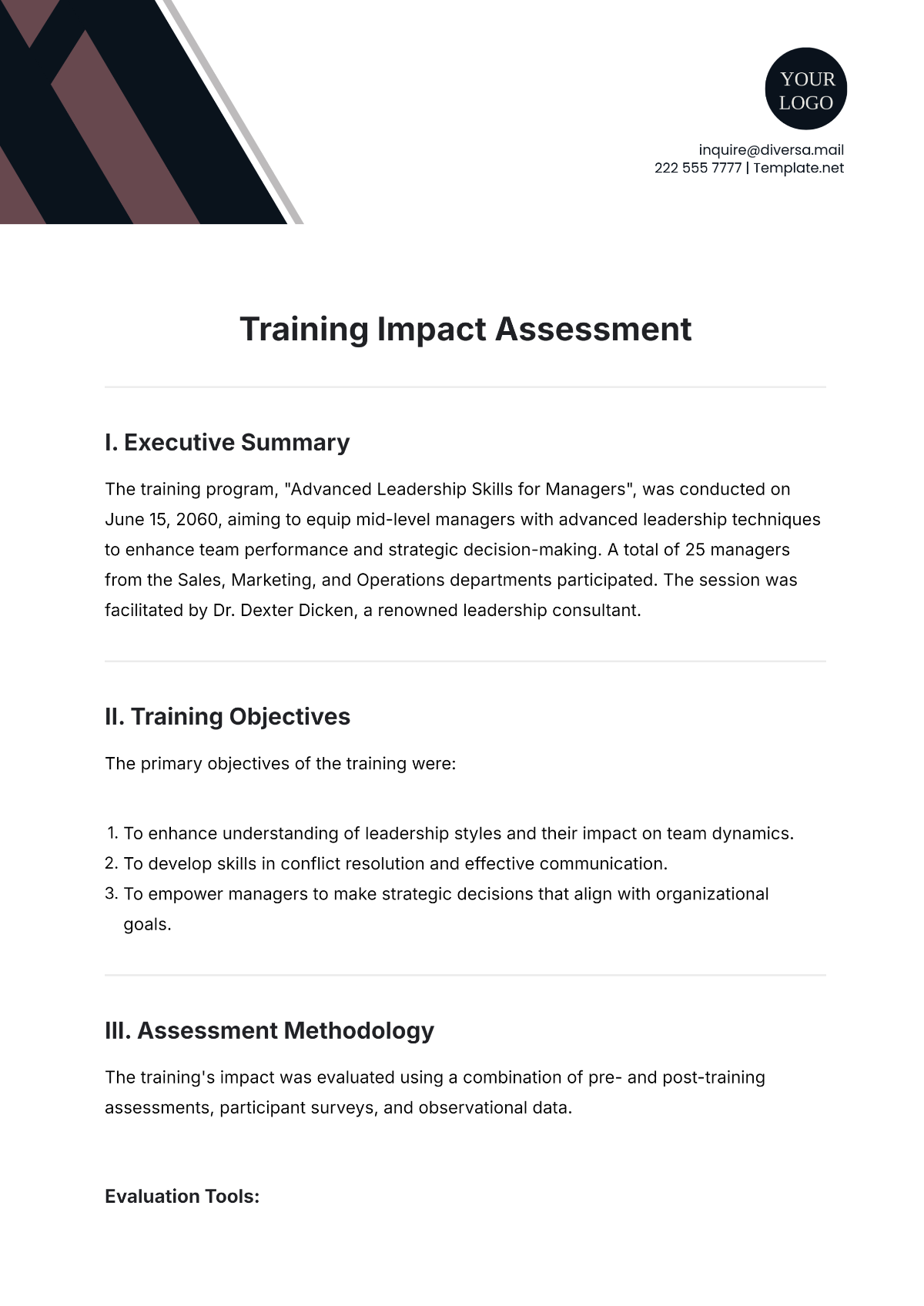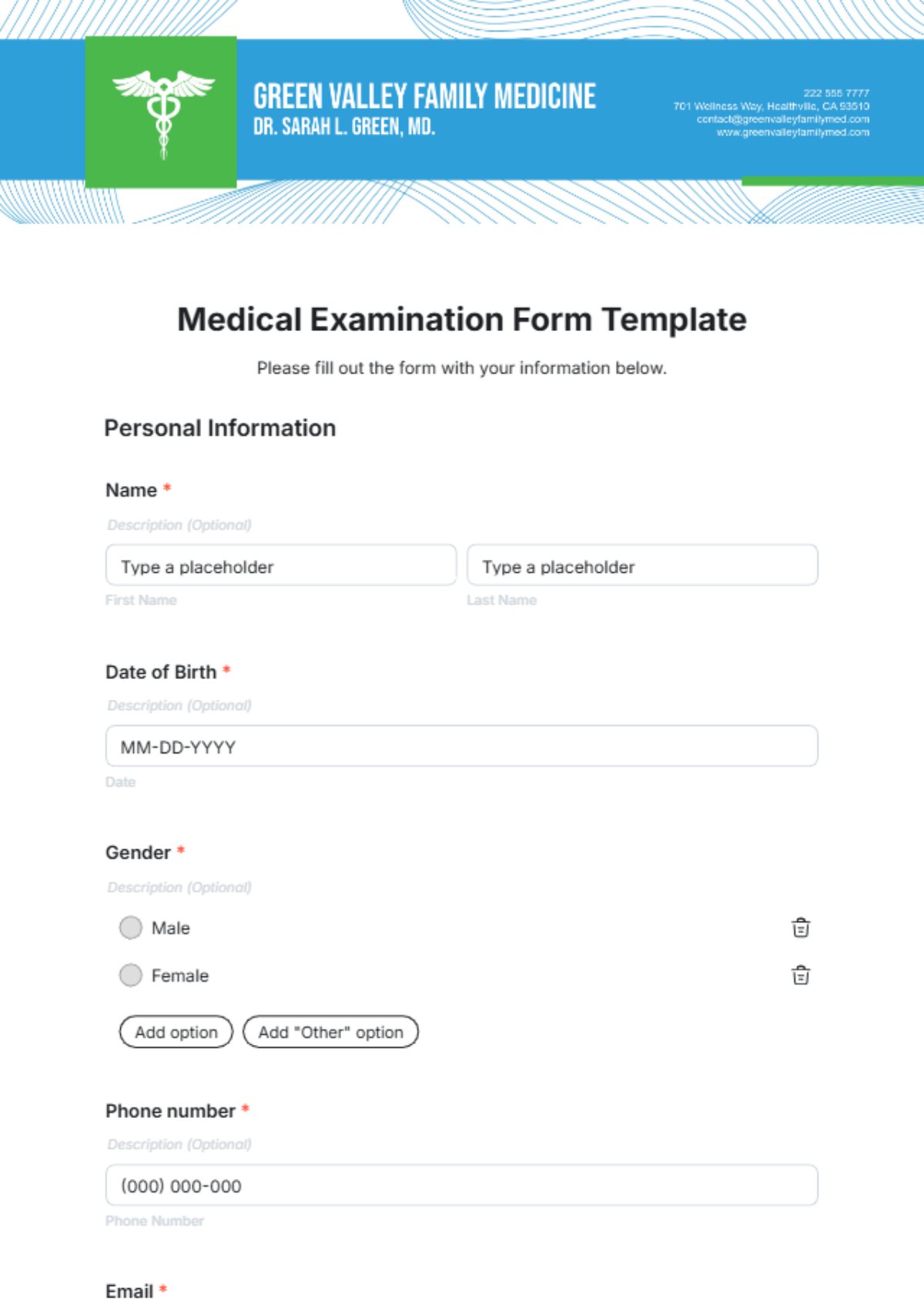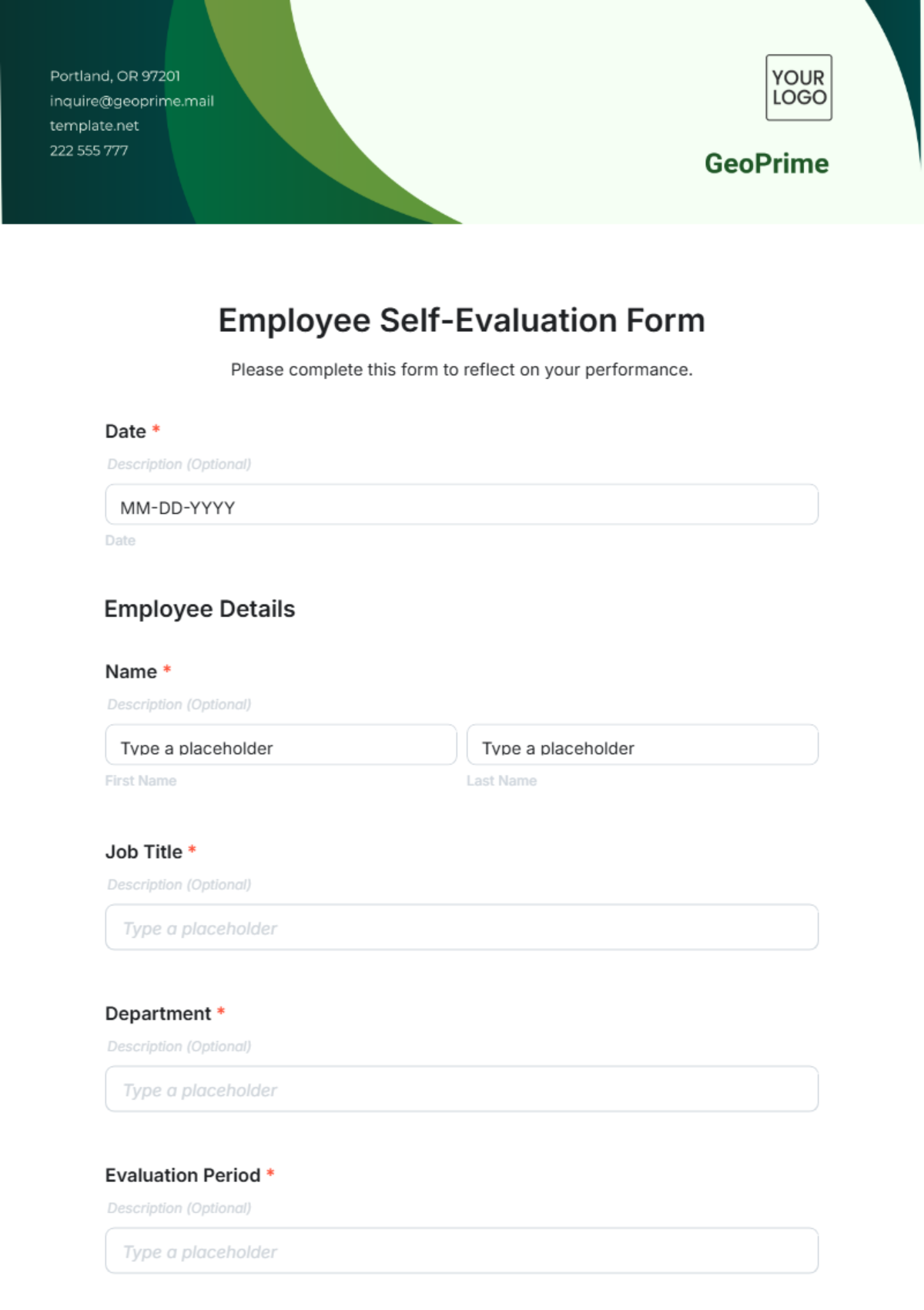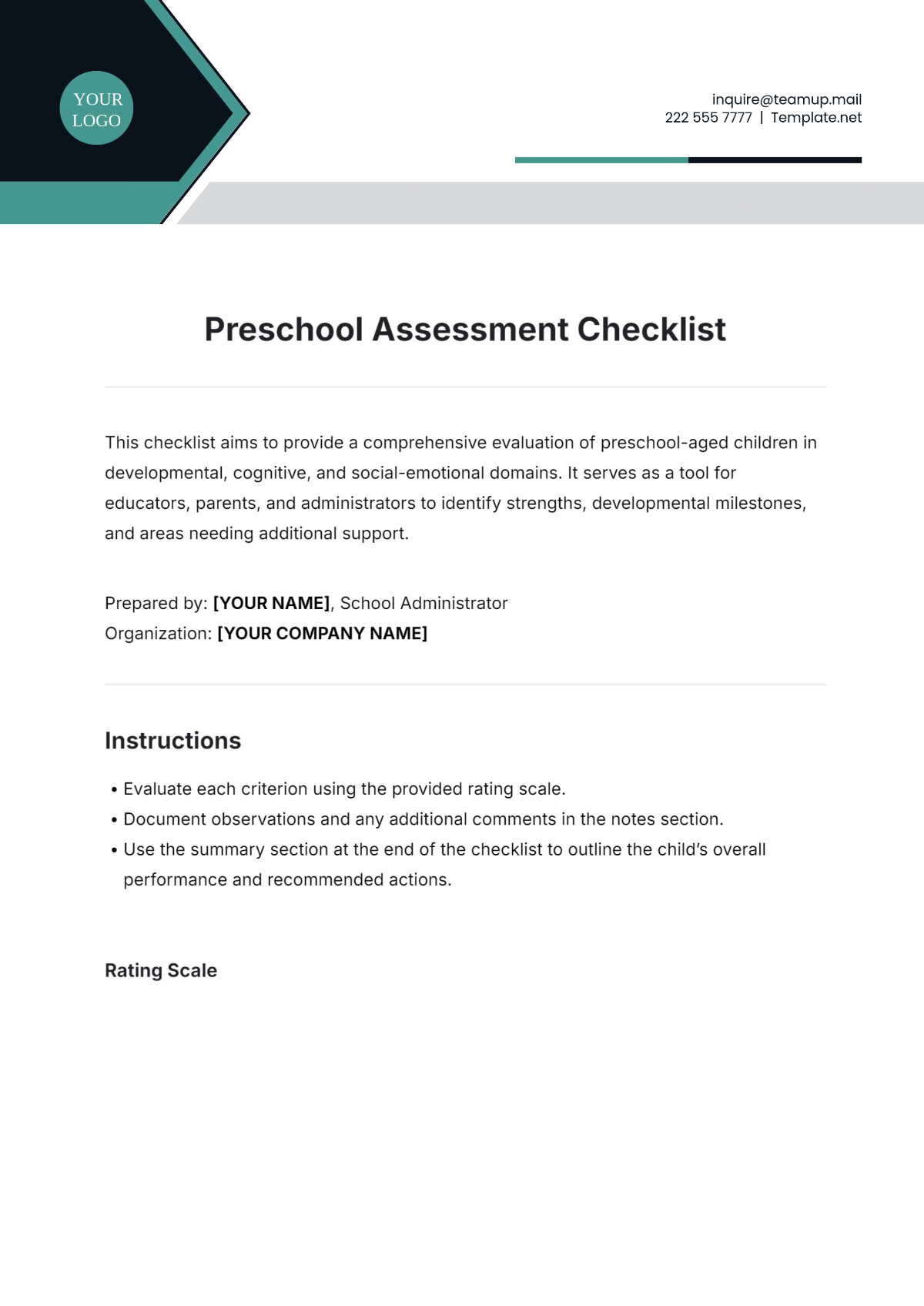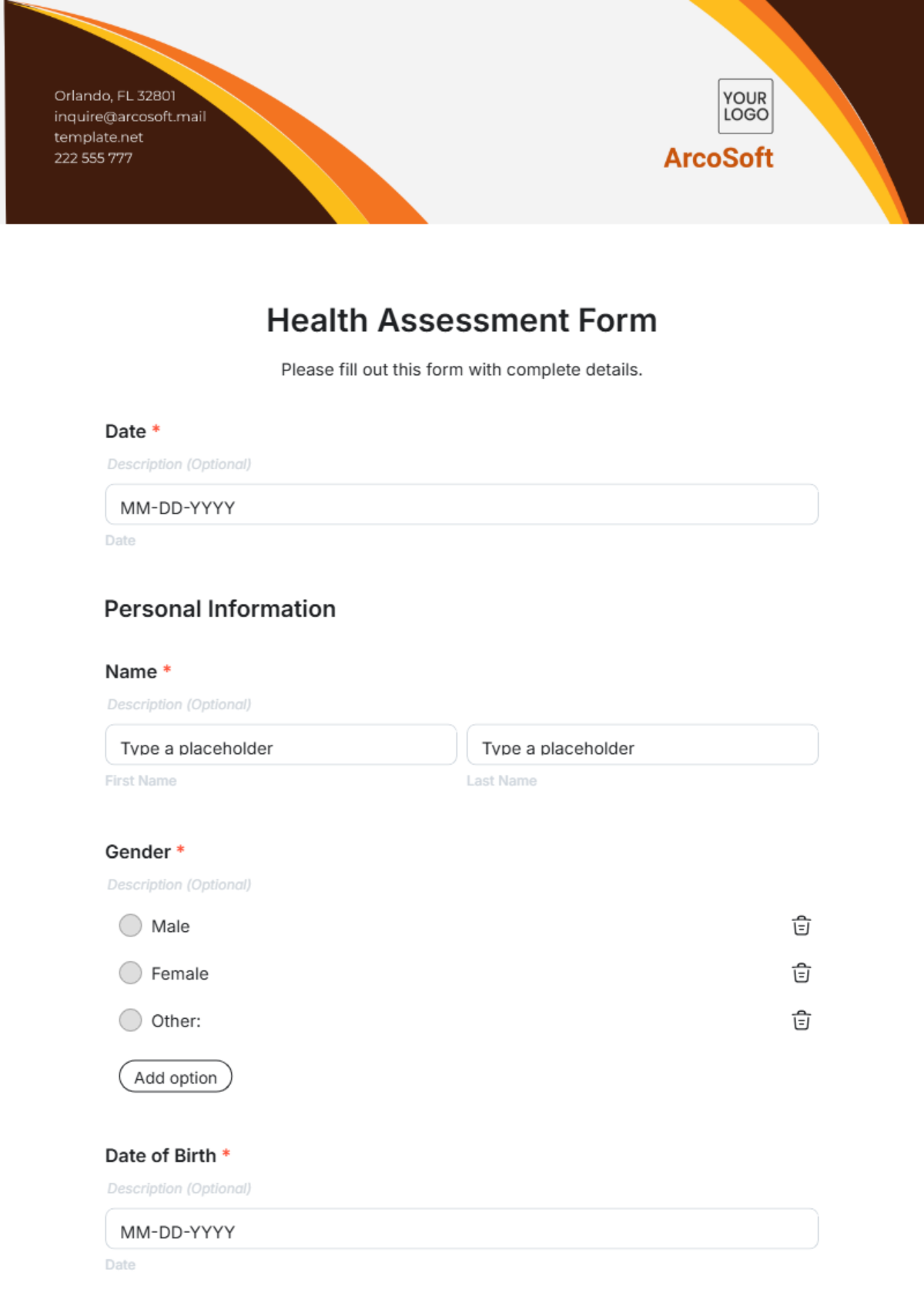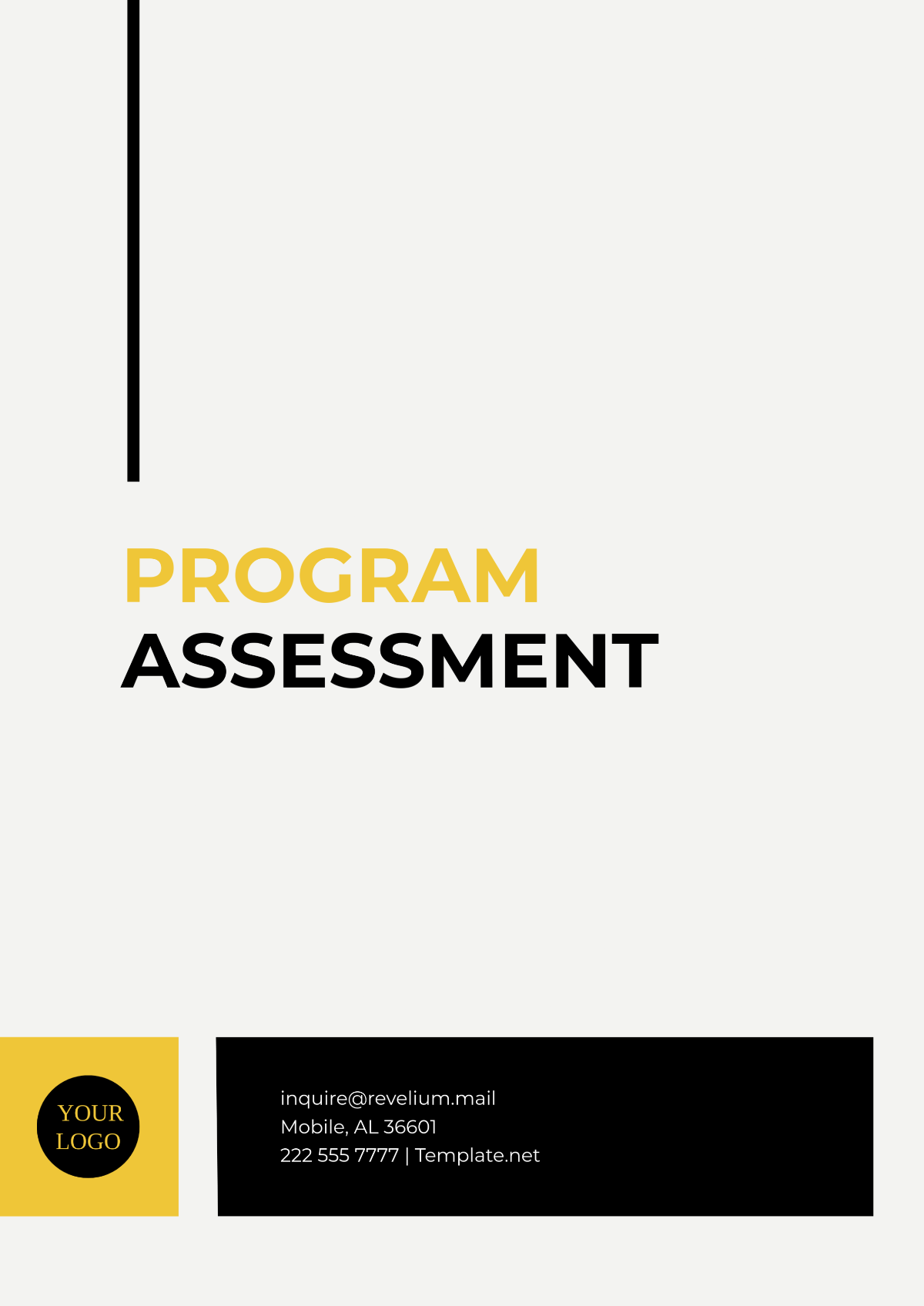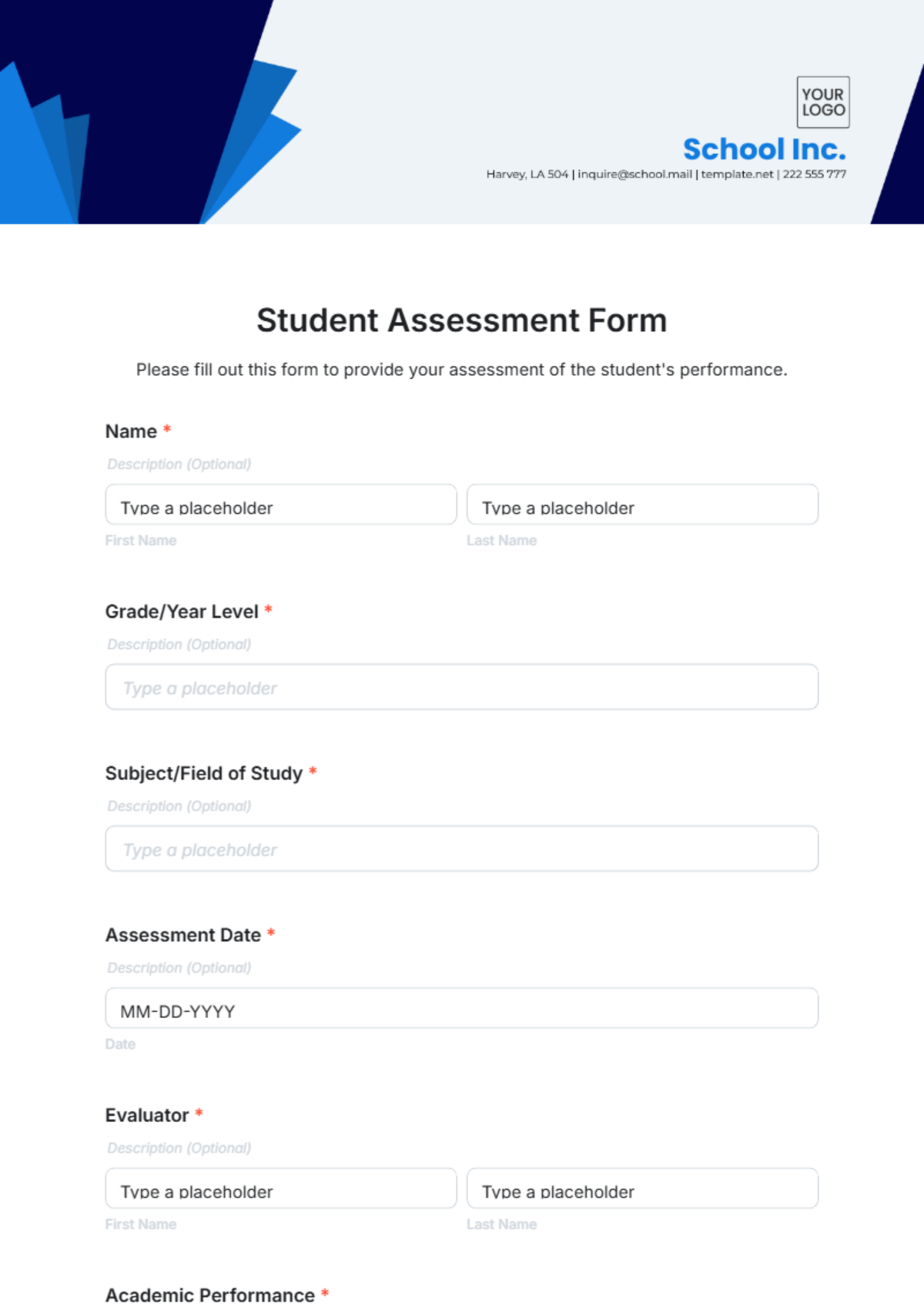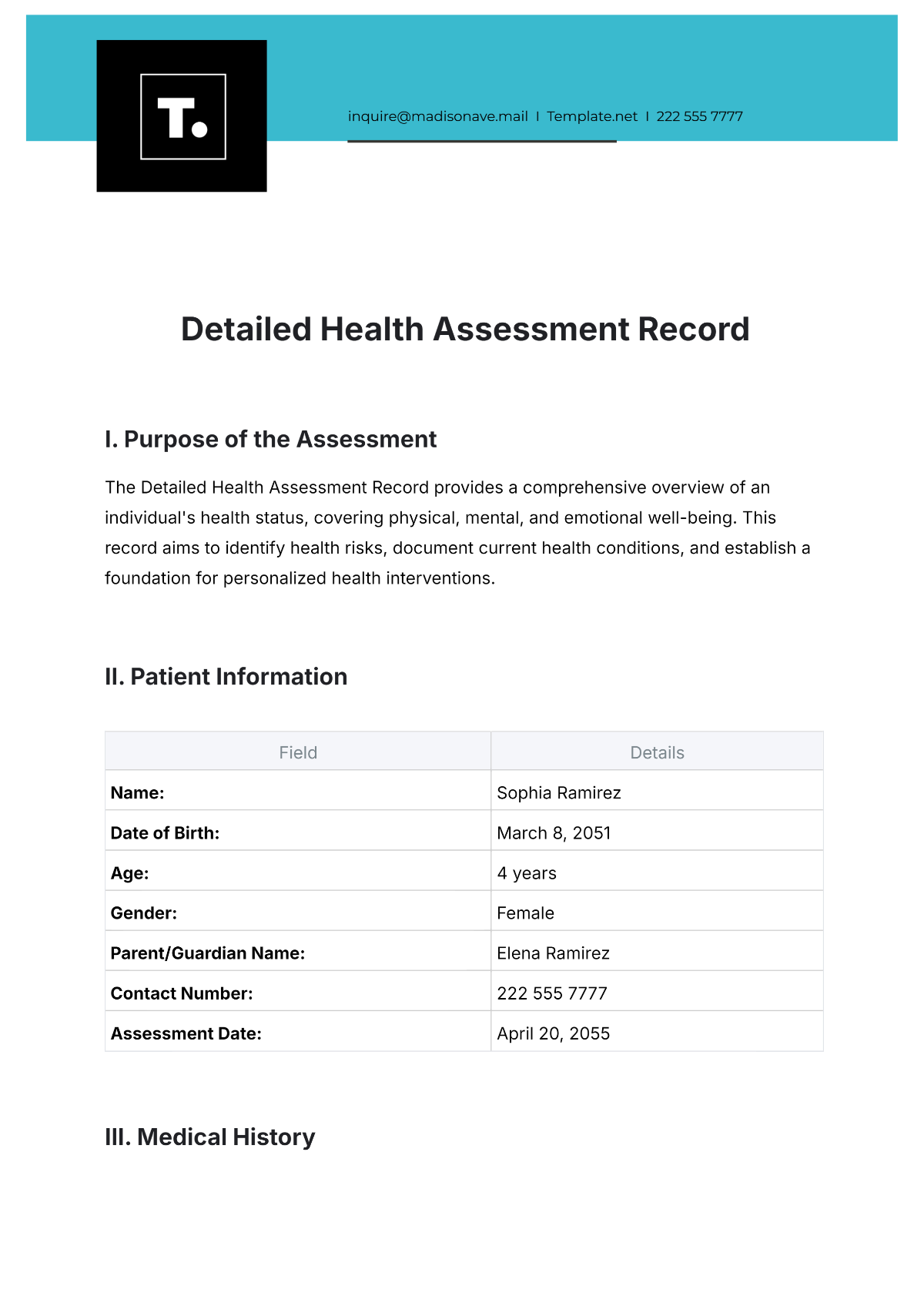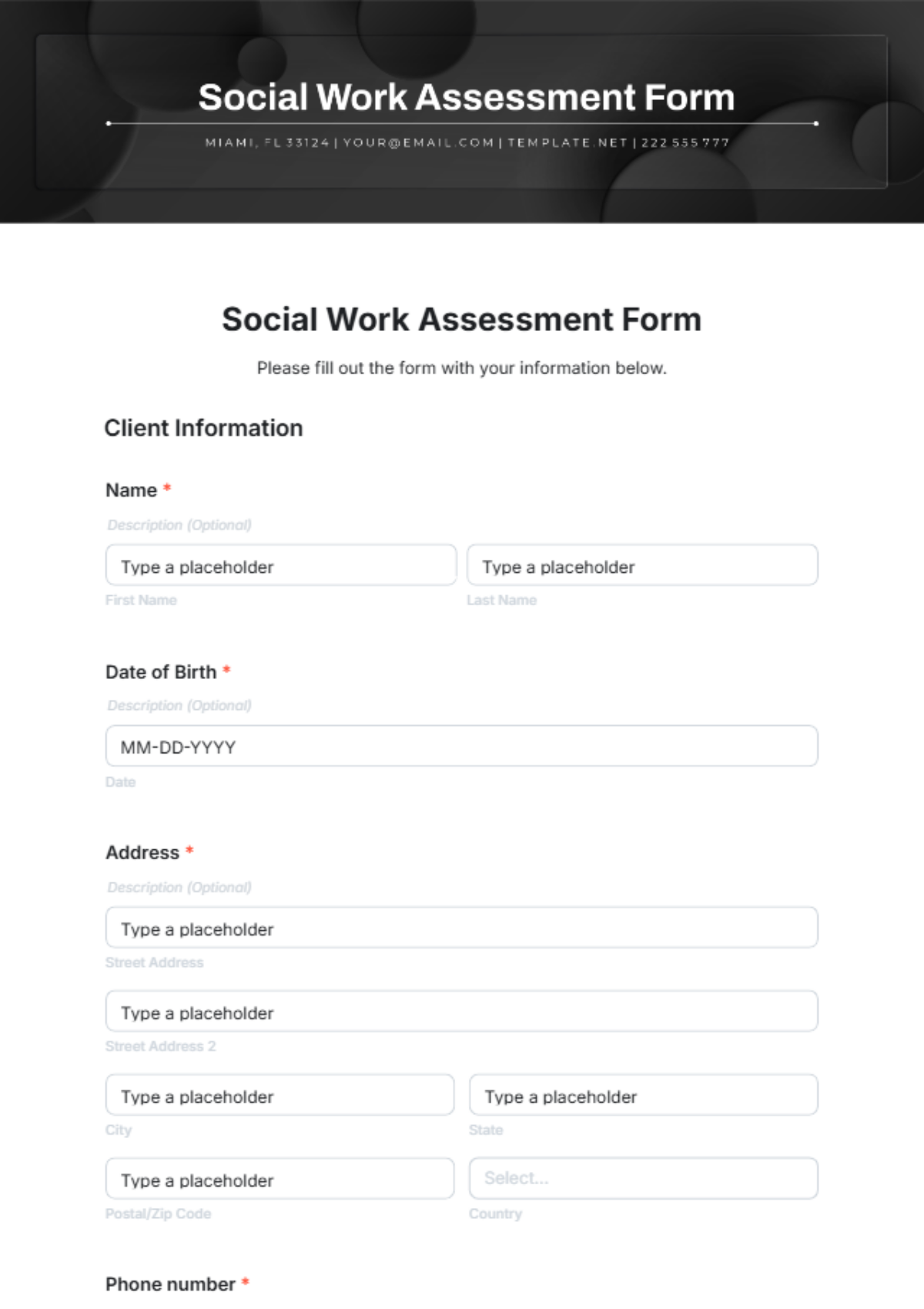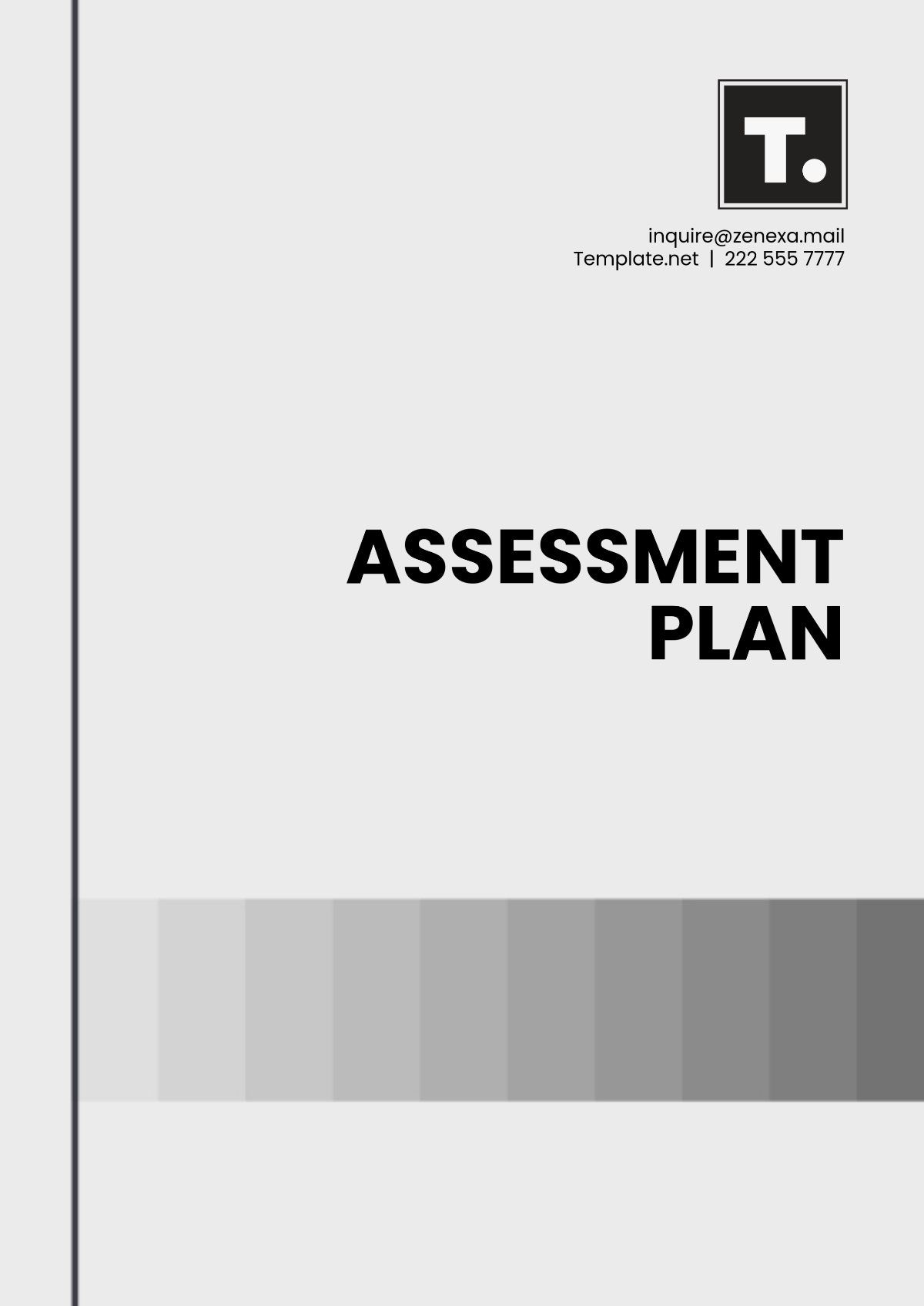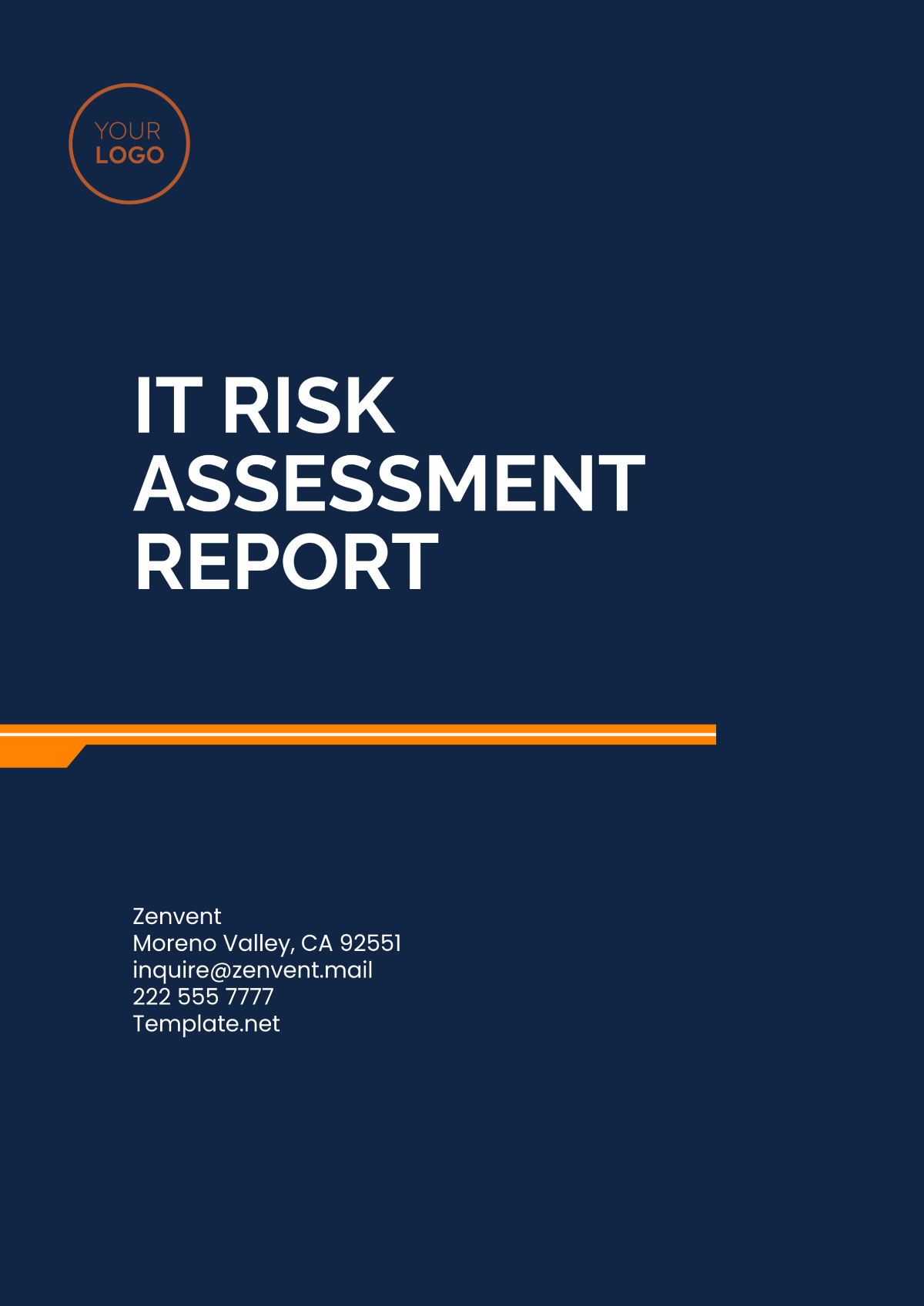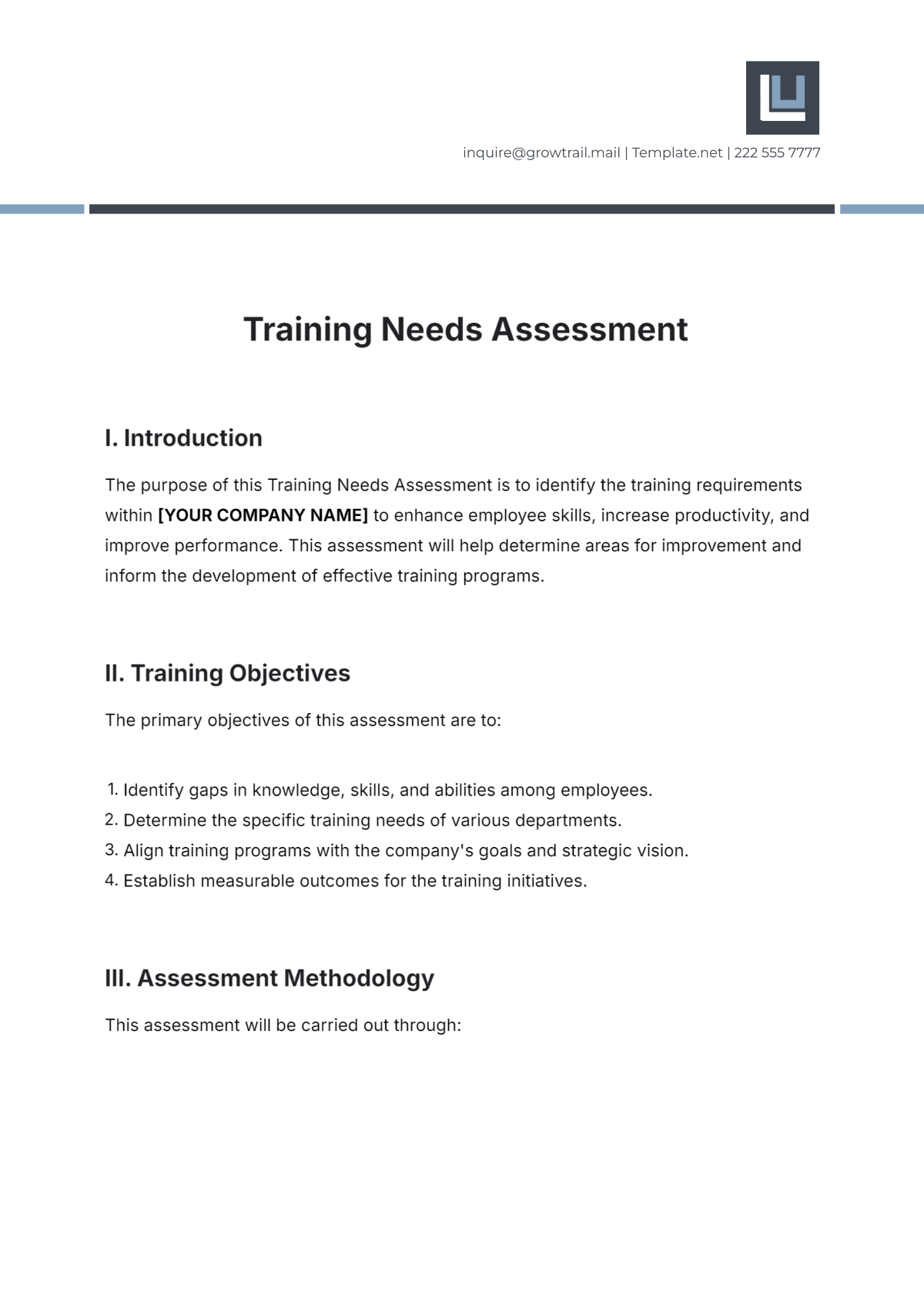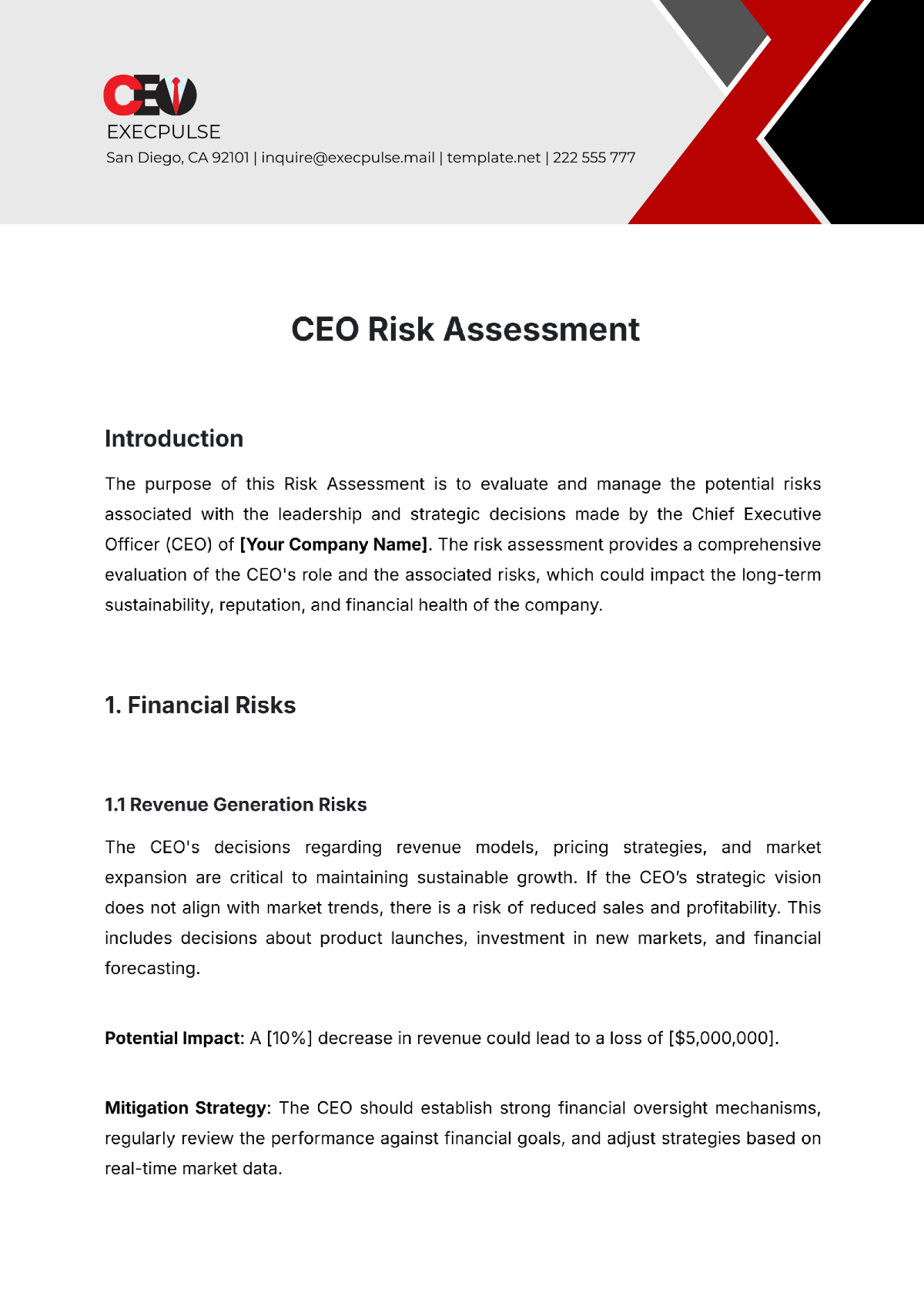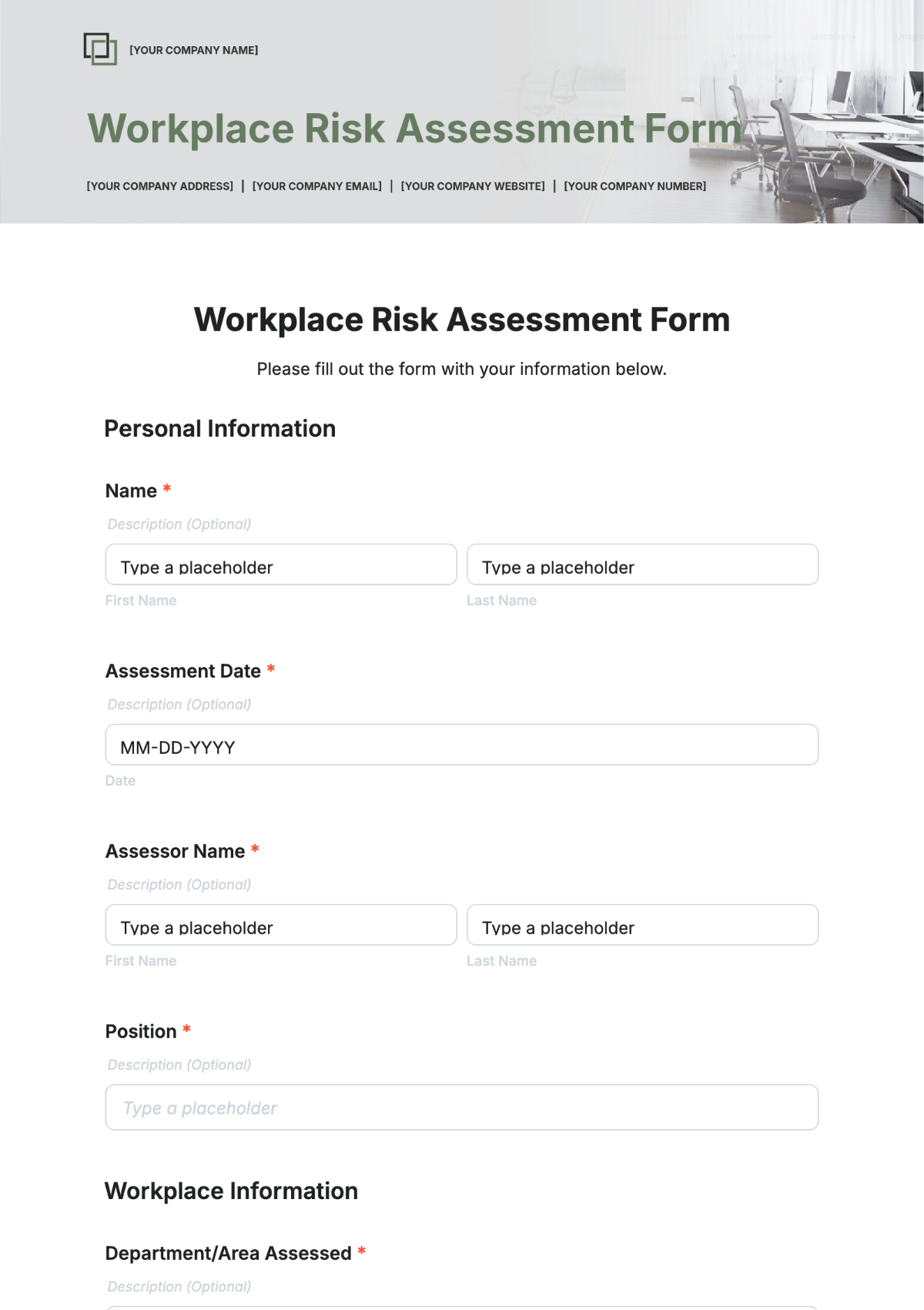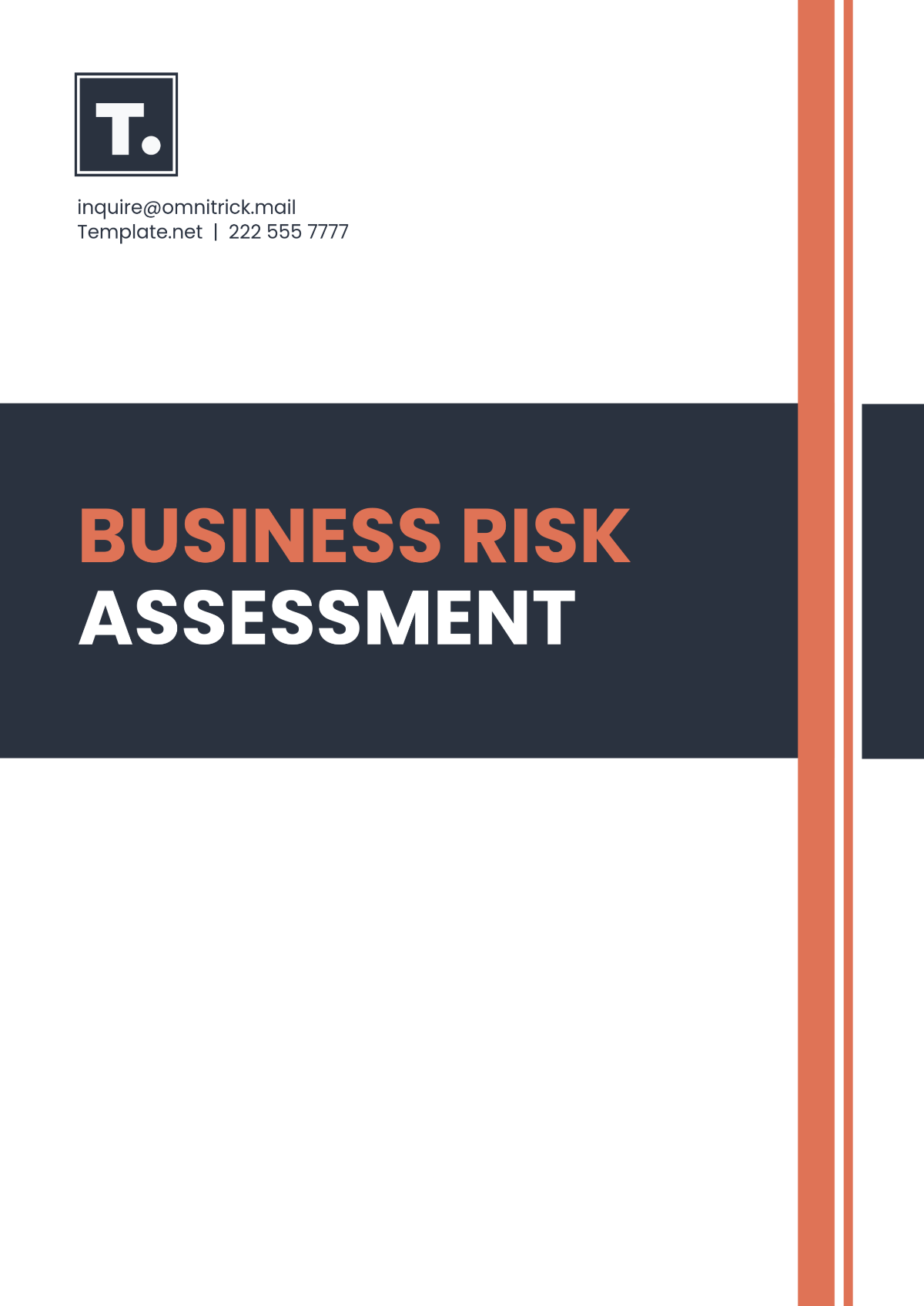Observational Study for Managers
Prepared By: [Your Name]
Introduction
Managers play a pivotal role in the success of any organization. They are responsible for driving performance, managing resources, and ensuring that teams align with organizational goals. Understanding how managers operate, the challenges they face, and the strategies they employ is essential to improving organizational outcomes. This observational study seeks to analyze the behavior, responsibilities, and performance of managers in varying organizational settings. The insights will provide a comprehensive understanding of effective managerial practices and the factors that influence them.
Research Objective
The primary objective of this observational study is to explore and analyze the day-to-day behaviors, decision-making processes, and leadership styles of managers across different industries. Through this study, we aim to identify key factors contributing to successful managerial performance, as well as common challenges faced by managers.
Research Methodology
This study utilized a mixed-method observational approach, combining qualitative observations of managerial behavior with quantitative data on performance outcomes. Observations were conducted across multiple industries, including finance, retail, and technology. The data collected include the following:
Managerial tasks and responsibilities
Communication styles and methods
Decision-making processes
Team management and leadership strategies
Performance metrics (e.g., team productivity, project completion rates)
The observational period spanned six months, with 50 managers from different organizations observed. Data were collected through direct observation, interviews, and analysis of performance metrics.
Managerial Roles and Responsibilities
Core Responsibilities of Managers
The role of a manager is multifaceted, and their responsibilities can be broadly categorized into three primary areas:
Strategic Planning
Managers are responsible for setting short-term and long-term goals for their teams. This includes aligning team efforts with the organization's strategic objectives, allocating resources effectively, and ensuring projects are completed within timelines and budgets.Operational Management
Day-to-day operations, including task delegation, resource allocation, and monitoring progress, are the core focus of a manager. Managers are often tasked with optimizing workflow, ensuring productivity, and maintaining a healthy work environment.People Management
Managers must foster a positive working environment by leading, motivating, and developing their team members. This includes handling conflicts, providing feedback, and facilitating team collaboration.
Table 1: Summary of Managerial Responsibilities
Responsibility | Description | Example Activities |
|---|---|---|
Strategic Planning | Setting goals, defining objectives, and aligning resources | Quarterly planning, goal setting |
Operational Management | Overseeing daily tasks, ensuring efficiency, managing timelines | Task delegation, monitoring performance metrics |
People Management | Leading and motivating teams, providing feedback, and managing conflicts | Performance reviews, conflict resolution, team-building activities |
Varying Responsibilities by Industry
Different industries place varying emphasis on these managerial roles. For instance, managers in the finance sector tend to focus more on strategic planning due to the need for forecasting and risk management. In contrast, retail managers may focus heavily on operational management to handle day-to-day customer service and inventory control.
Managerial Communication and Leadership Styles
Communication Styles Observed
Effective communication is central to managerial success. Observations of the managers revealed a range of communication styles, which were generally influenced by the organizational culture, the size of the team, and individual manager personalities. Three main styles emerged:
Authoritative Communication
Managers who adopted an authoritative style were decisive and directive. They clearly defined roles and responsibilities, making decisions with little input from their team. This style was more common in high-pressure environments like finance, where quick decision-making is crucial.Collaborative Communication
Managers using this style involved their teams in the decision-making process. They encouraged open dialogue, valued team input, and fostered a cooperative working environment. This style is often seen in creative industries, where innovation and teamwork are key.Laissez-faire Communication
Laissez-faire managers gave their teams significant autonomy, only intervening when necessary. This style was observed in highly skilled teams, particularly in technology firms, where employees are expected to work independently.
Table 2: Managerial Communication Styles
Communication Style | Characteristics | Common in Industries |
|---|---|---|
Authoritative | Decisive, directive, little team input | Finance, Healthcare |
Collaborative | Encourages open dialogue, values team input, consensus-driven | Creative, Consulting |
Laissez-faire | High team autonomy, minimal intervention | Technology, Research |
Leadership Styles and Their Impact on Team Performance
The leadership style a manager adopts can significantly affect team morale and productivity. This observational study identified four predominant leadership styles:
Transformational Leadership
Transformational leaders inspire their teams by setting a compelling vision and motivating employees to achieve beyond their expectations. These managers were often charismatic and provided regular feedback and recognition. Transformational leadership was linked to high team morale and innovation.Transactional Leadership
Transactional leaders focused on reward-based systems. They used a structured approach to management, offering incentives for meeting goals and holding team members accountable for underperformance. This style was effective in environments where performance was tied to quantifiable outcomes.Servant Leadership
Servant leaders prioritized the needs of their team, providing support and resources to help them succeed. These managers were empathetic and approachable, often acting as mentors. This style promoted high levels of employee satisfaction and loyalty, though it sometimes led to slower decision-making.Autocratic Leadership
Autocratic leaders made unilateral decisions and had strict control over their teams. While this leadership style resulted in efficiency in high-pressure environments, it was often associated with lower team morale and creativity.
Table 3: Managerial Leadership Styles
Leadership Style | Characteristics | Impact on Team Performance |
|---|---|---|
Transformational | Visionary, motivating, encourages innovation | High morale, increased creativity |
Transactional | Structured, reward-based, performance-driven | High productivity, measurable results |
Servant | Empathetic, supportive, prioritizes team needs | High loyalty, increased satisfaction |
Autocratic | Decisive, control all decision-making | Efficient but can lead to lower morale |
Managerial Decision-Making
Factors Influencing Decision-Making
The decision-making process of managers is complex and influenced by various internal and external factors. Key factors identified through observations include:
Organizational Hierarchy
Managers working in flat organizations tended to make quicker, more independent decisions, while those in hierarchical organizations had to navigate multiple approval levels.Resource Availability
Decisions related to project initiation, resource allocation, and budgeting were heavily influenced by the availability of resources. Managers with limited resources often prioritized short-term gains over long-term planning.Risk Tolerance
Industries such as finance and healthcare demonstrated a lower tolerance for risk, with managers adhering to strict protocols. In contrast, managers in the tech sector exhibited higher risk tolerance, especially in innovation-driven environments.Team Capabilities
The skill level of the team was another key factor. Managers with high-performing teams were more likely to delegate complex tasks and take calculated risks.
Common Decision-Making Models
Through the observational study, three main decision-making models were identified:
Rational Decision-Making Model
Managers who used this model carefully analyzed all available information before making a decision. This approach was systematic and logical, involving steps such as identifying the problem, gathering data, evaluating alternatives, and making a decision.Intuitive Decision-Making Model
Intuitive decision-making was common among experienced managers who relied on their instincts and prior knowledge. This model was particularly effective in fast-paced environments where decisions needed to be made quickly.Participative Decision-Making Model
In this model, managers actively involve their teams in the decision-making process. By seeking input from team members, they fostered a collaborative atmosphere, which often led to more creative solutions.
Challenges Faced by Managers
Common Challenges Observed
During the observational study, several challenges consistently emerged across different managerial roles:
Time Management
Many managers struggled to balance their strategic responsibilities with the operational demands of their roles. This often led to an overwhelming workload and burnout.Conflict Resolution
Managing interpersonal conflicts within teams was a frequent challenge. Managers needed to act as mediators, ensuring that disputes were resolved without affecting team productivity.Adapting to Change
Managers, particularly those in fast-paced industries like technology, frequently face challenges related to rapid organizational or market changes. Adapting strategies and ensuring that teams remained agile and flexible were ongoing challenges.Maintaining Team Morale
Keeping teams motivated, especially during times of organizational change or pressure, was a key challenge. Managers needed to maintain open lines of communication and provide support to prevent disengagement or burnout.
Strategies for Overcoming Challenges
To address these challenges, several effective strategies were observed:
Delegation of Tasks
Managers who delegated responsibilities effectively were able to focus on strategic tasks and manage their time better. Empowering team members to take ownership of specific tasks also boosted morale.Conflict Mediation Training
Many organizations provide managers with training in conflict resolution. These programs equipped managers with tools to navigate interpersonal disputes and improve team dynamics.Agile Management Techniques
Implementing agile management techniques, such as regular team check-ins and flexible goal-setting, helped managers adapt to changing environments while keeping their teams aligned with objectives.
Conclusion
This observational study highlights the complexities of managerial roles across various industries. Managers must balance strategic planning, operational oversight, and people management while navigating industry-specific challenges. Effective communication and leadership styles play a significant role in determining a manager’s success, while decision-making processes are shaped by both internal and external factors.
The study also underscores the importance of providing managers with the tools and training they need to overcome challenges, such as time management, conflict resolution, and adapting to change. By understanding the diverse responsibilities and challenges faced by managers, organizations can better support and develop their leaders, ultimately driving improved performance and organizational success.
